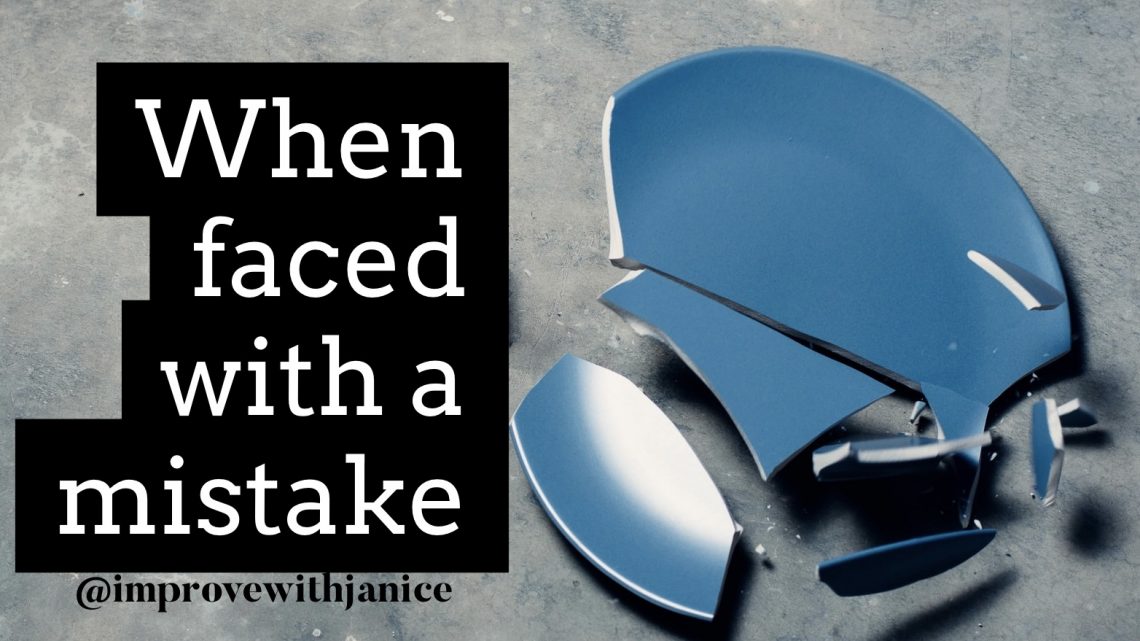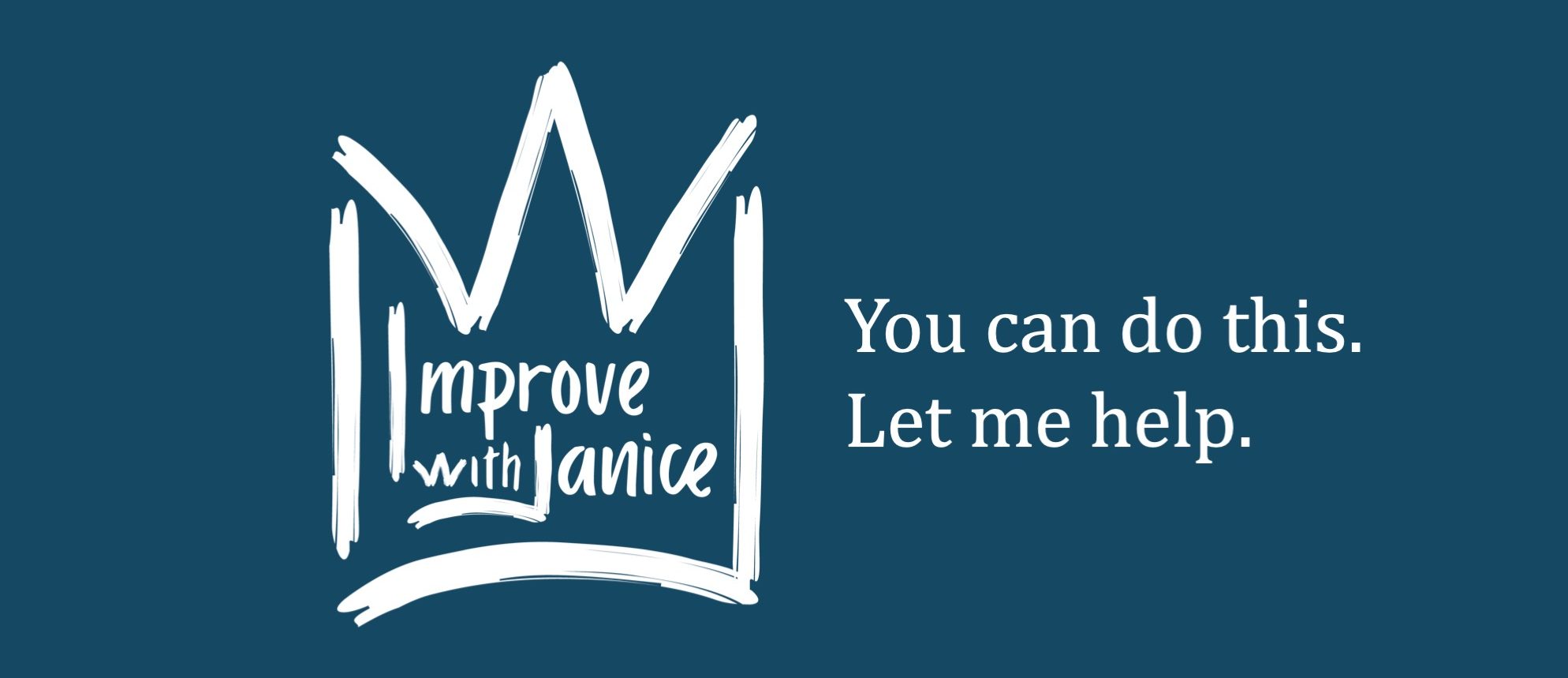When Faced with A Mistake
05/02/2021
Mistakes happen. Even knowing that, it still may be second nature to tuck your tail or try to sweep the occurrence under the rug. Don’t. Instead remind yourself: errors exist even when precautions are in place. Mistakes may even provide us with a learning or teaching opportunity. Here are 4 great things to do when faced with a mistake.
1. Own It
If something lands squarely on you, take ownership. The sooner the better. Ever have someone accidently break something of yours? Hiding it in a drawer won’t change the situation, but that will add deceit to the otherwise impromptu blunder. Mistakes are understandable. Shifting blame to others or gaslighting someone to think the mistake is correct is not and will likely worsen the outcome.
2. Correct It
If you can correct the error properly on your own, don’t wait. Being able to own a mistake but also report you already corrected it demonstrates your proficiency at problem solving while also highlighting your maturity of recognizing the error. If you are not able to correct it yourself, this is a great time to work on being vulnerable and asking for help. While doing emotional trust falls may be difficult, research has shown informal helping has been linked to well-being benefits.
3. Learn from It
Unless there are extenuating circumstances, it’s likely the mistake could happen to anyone. By highlighting what went wrong to those it may impact, you can assist in two ways. Not only can you educate your peers, but you also provide opportunities for others to try to determine ways of preventing this error in the future. This is perfectly illustrated in the medical profession with M&M meetings. For the unfamiliar, it does not relate to the delicious chocolates, but stands for Morbidity & Mortality. In these meetings, medical professionals examine medical errors and bad outcomes in an effort to improve their practices.
4. Show Compassion
It may be easy to mishandle the news when someone informs you of a mistake that affects your work or deadlines. If you demonstrate grace and understanding when others make mistakes, it not only builds a better rapport and culture for open communication, but also demonstrates the type of behavior you hope to encounter when the mistake belongs to you. Ultimately, we all make mistakes. It’s how we handle them that sets us apart.
